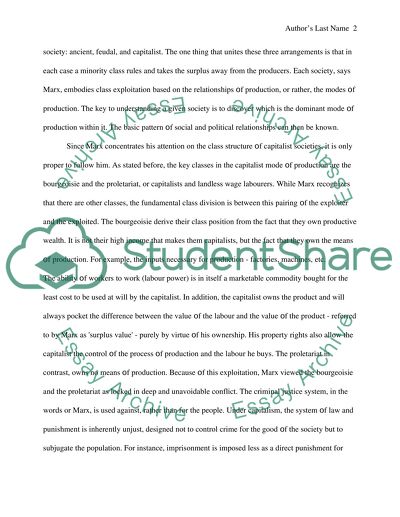Cite this document
(“Subject political science in 1989 some observers claimed that marxism Essay”, n.d.)
Subject political science in 1989 some observers claimed that marxism Essay. Retrieved from https://studentshare.org/miscellaneous/1503427-subject-political-science-in-1989-some-observers-claimed-that-marxism-was-obsolete-what-if-any-analytical-insights-can-marxist-political-economy-still-provi
Subject political science in 1989 some observers claimed that marxism Essay. Retrieved from https://studentshare.org/miscellaneous/1503427-subject-political-science-in-1989-some-observers-claimed-that-marxism-was-obsolete-what-if-any-analytical-insights-can-marxist-political-economy-still-provi
(Subject Political Science in 1989 Some Observers Claimed That Marxism Essay)
Subject Political Science in 1989 Some Observers Claimed That Marxism Essay. https://studentshare.org/miscellaneous/1503427-subject-political-science-in-1989-some-observers-claimed-that-marxism-was-obsolete-what-if-any-analytical-insights-can-marxist-political-economy-still-provi.
Subject Political Science in 1989 Some Observers Claimed That Marxism Essay. https://studentshare.org/miscellaneous/1503427-subject-political-science-in-1989-some-observers-claimed-that-marxism-was-obsolete-what-if-any-analytical-insights-can-marxist-political-economy-still-provi.
“Subject Political Science in 1989 Some Observers Claimed That Marxism Essay”, n.d. https://studentshare.org/miscellaneous/1503427-subject-political-science-in-1989-some-observers-claimed-that-marxism-was-obsolete-what-if-any-analytical-insights-can-marxist-political-economy-still-provi.


